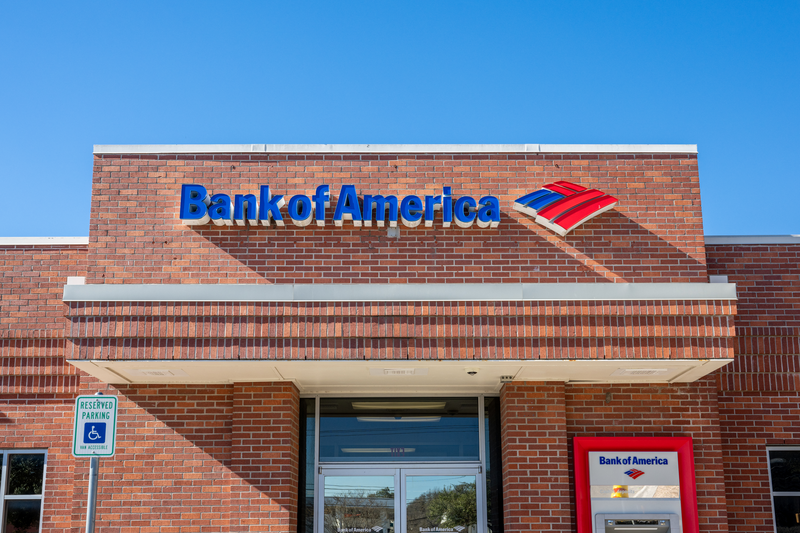Experts continue to voice widely divergent views on the security and effectiveness of Central Bank Digital Currencies (CBDCs).
“CBDCs do not change the definition of money, but will likely change how and when value is transferred over the next 15 years,” Bank of America analysts led by Alkesh Shah said,
The
Register for free to keep reading
To continue reading this article and unlock full access to GRIP, register now. You’ll enjoy free access to all content until our subscription service launches in early 2026.
- Unlimited access to industry insights
- Stay on top of key rules and regulatory changes with our Rules Navigator
- Ad-free experience with no distractions
- Regular podcasts from trusted external experts
- Fresh compliance and regulatory content every day













